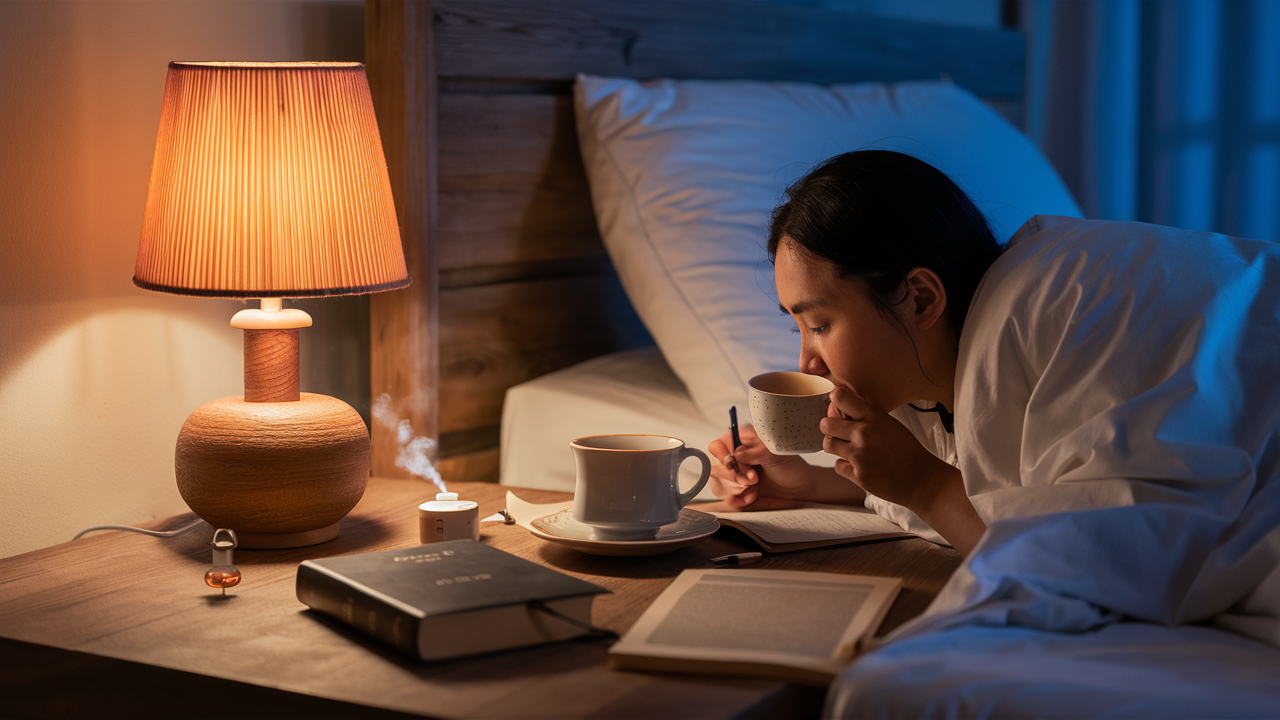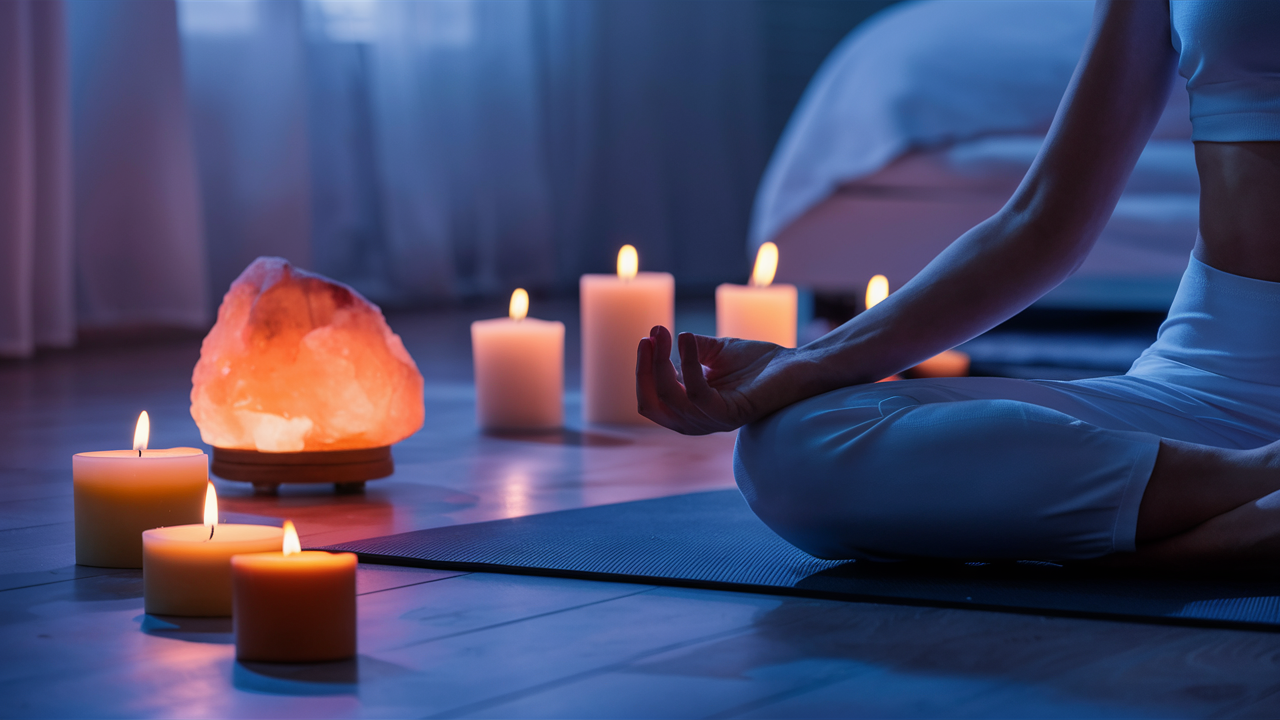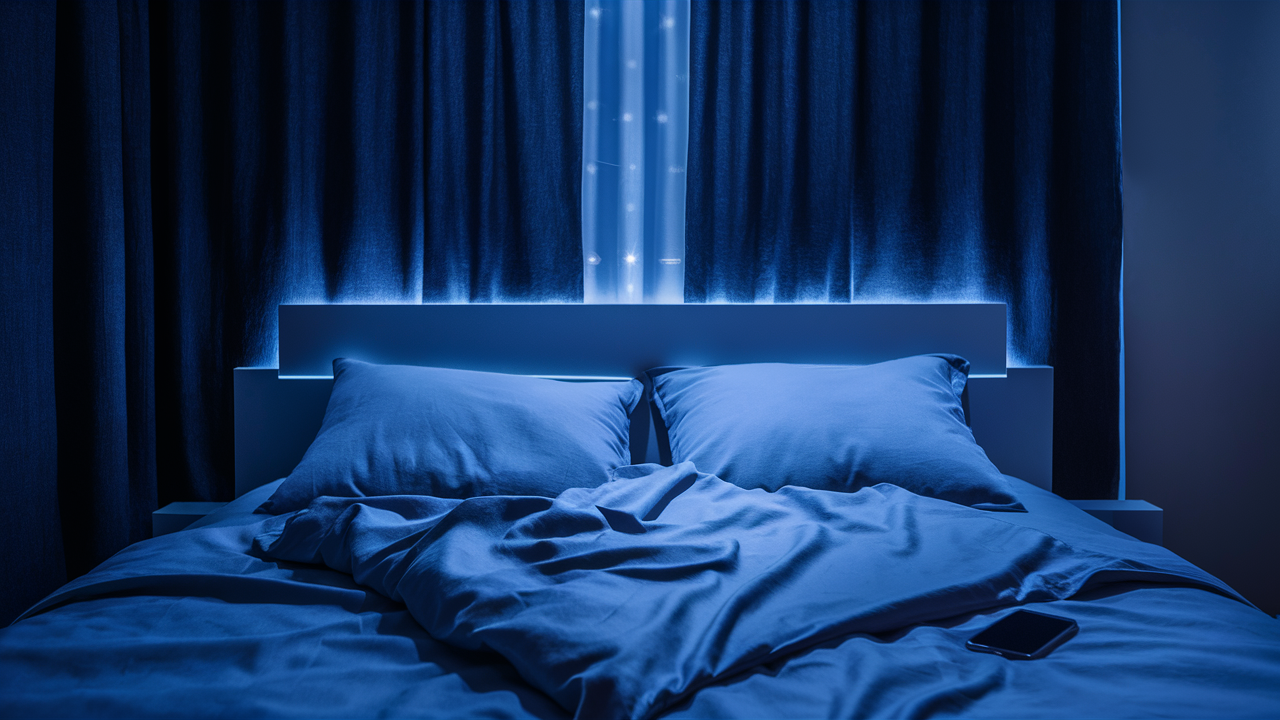Improving Sleep Quality
Improving sleep quality is essential for overall health and well-being. Maintaining a consistent sleep schedule, creating a restful environment, and practicing relaxation techniques can significantly enhance your sleep. By focusing on these strategies, you can achieve more restorative rest and better health.

Establishing a Consistent Bedtime Routine
A structured bedtime routine signals your body that it’s time to rest, helping you fall asleep faster and wake up more rejuvenated.

Practicing Relaxation Techniques Before Bed
Simple practices like meditation, deep breathing, and gentle stretching calm the mind and body, making it easier to drift into restful sleep.
Practicing Relaxation Techniques Before Bed
Simple practices like meditation, deep breathing, and gentle stretching calm the mind and body, making it easier to drift into restful sleep.


Creating a Restful Sleep Environment
Optimizing your sleep environment and habits—like limiting screen time and maintaining a cool, dark room—ensures uninterrupted, high-quality sleep every night.
